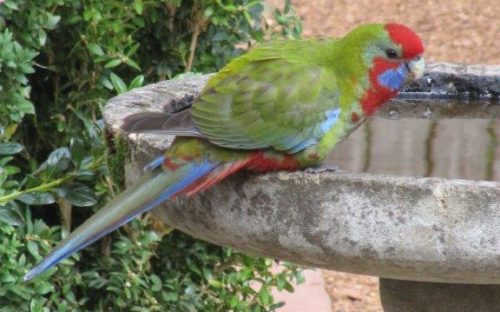
Gardening writer CEDRIC BRYANT can’t imagine a garden without the sound and antics of birds.
HOW can one have a true garden without the sounds of birds?
Waking to the ridiculous laughing of kookaburras was a regular early-morning feature when we had our coast house. Usually far too early, but what a great Australian sound.
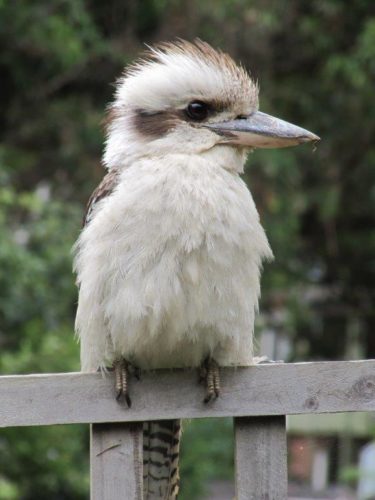
Here in Canberra, the cheerful singing of our friendly blackbird is a far more gentle way of waking up, albeit also far too early. The added advantage of the blackbird is it sings all day long, even after dark, never repeating a tune.
In these drought times, with natural ponds and dams devoid of water, it’s essential to top up the bird bath every morning. There has never been a task more important during the heat of summer.
It’s also important to keep a bird feeder well stocked up each day.
In my garden I have two bird baths, plus a smaller one at ground level for the blue-tongue lizards and geckos. I think most folk forget about the latter, yet they’re important for keeping snails in check.
I can’t imagine a garden without birds. The regular visitors to our garden range from seed-eating parrots to honeyeaters looking for nectar from the camellia sasanqua. Currawongs can be a bit savage and seem to eat everything, even robbing young birds from other nests in spring. Then there’s the curious sound of the top-knot pigeons as they take off. The peewees take great delight in looking at themselves in mirrors; even the rear-vision mirrors on the car if one is too long at the traffic lights. Magpies rival the blackbirds in their repertoire of songs.
We have nine deciduous trees in our back garden, from silver birch to rare maples, all attracting different birds.
They’re all welcome in our garden; knowing they’re safe with no cats to cause them stress. We love watching them dunk themselves in the water and wash their wings.

HERE are a few low-energy things to do in the garden now – ideally in the cool of the evening. The Horticultural Society suggests gathering up all the dead leaves from spring bulbs. If some were in the wrong place, dig them up now for replanting in autumn. Give the roses a summer prune, or at least dead-head the old flower heads, and remove any dead or broken branches.
With the recent strong winds, check fruit trees for broken branches. It may be necessary to lighten the load on branches, even sacrificing unripe fruit. Pick up fallen fruit to reduce fruit fly. For all citrus, apply blood and bone or Neutrog Seamungus, a combination of seaweed and chook poo, around the drip line. If you have hens, use the chook poo as a mulch, but keep all these away from the trunk.
Give the ground a good soaking before spreading mulch. Keep chook poo and mushroom compost well clear of all acid-loving plants, including all natives, camellias, rhodos, azaleas and daphne.
Now, all of these suggestions are light holiday work – nothing too strenuous. Go enjoy your garden!
Who can be trusted?
In a world of spin and confusion, there’s never been a more important time to support independent journalism in Canberra.
If you trust our work online and want to enforce the power of independent voices, I invite you to make a small contribution.
Every dollar of support is invested back into our journalism to help keep citynews.com.au strong and free.
Thank you,
Ian Meikle, editor
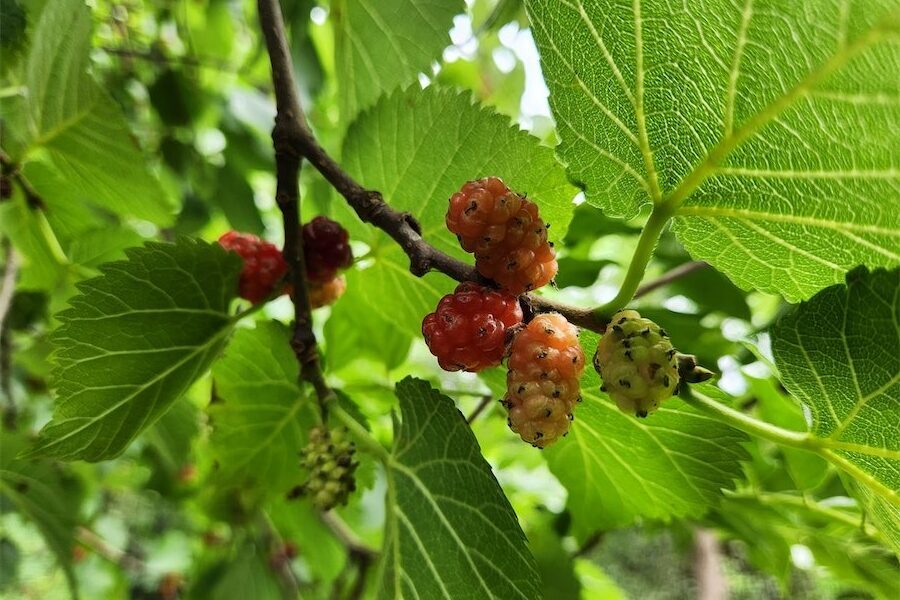
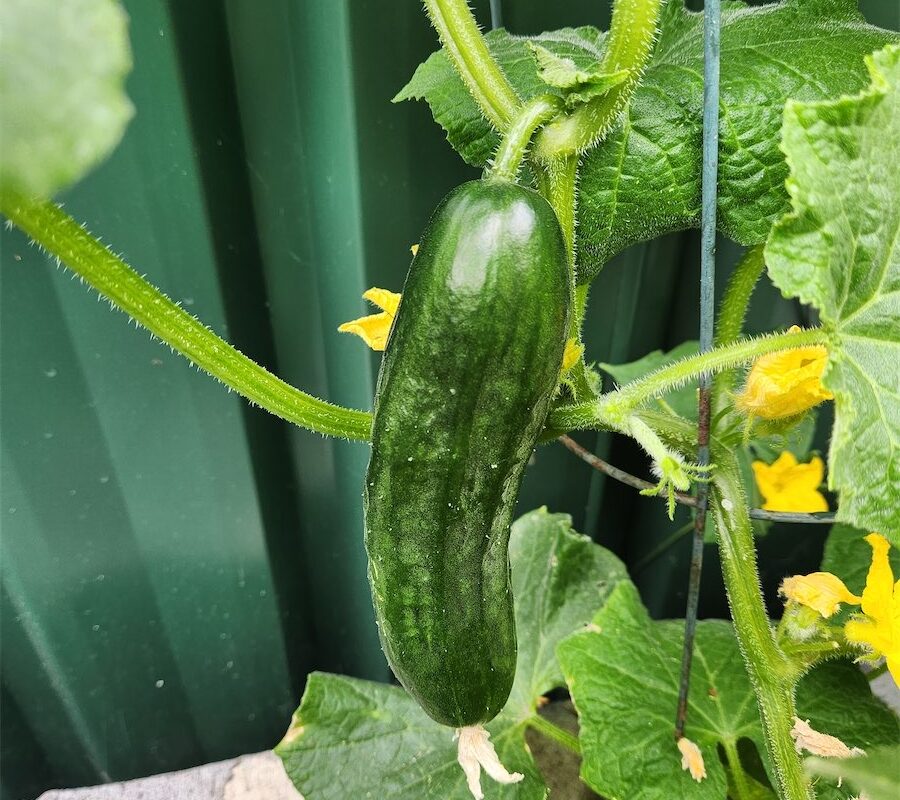
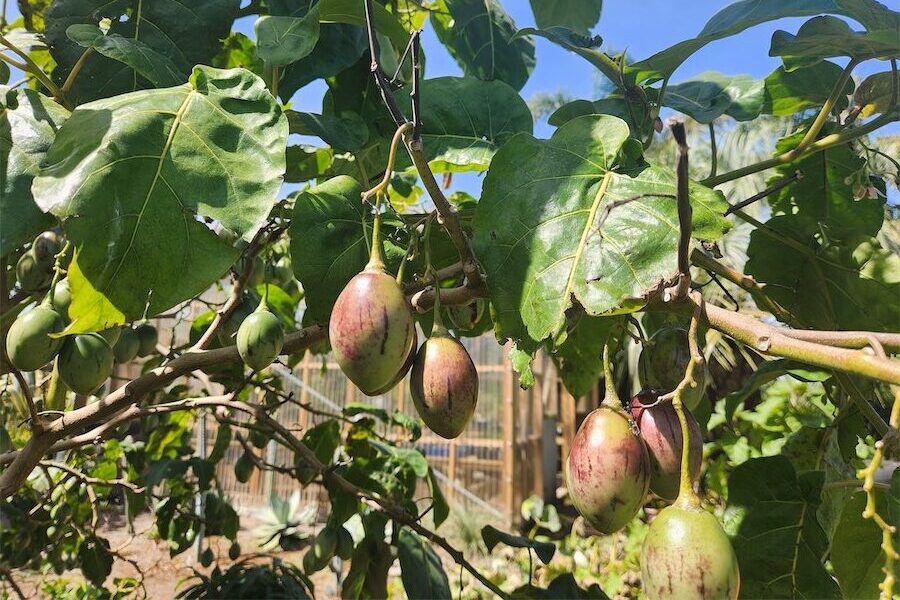

Leave a Reply